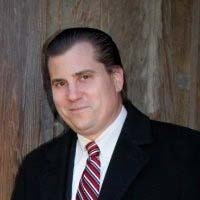 Temescal Valley Misdemeanor Lawyers, California
Temescal Valley Misdemeanor Lawyers, California
Sponsored Lawyers
1-10 of 16 matches
Criminal, DUI-DWI, Domestic Violence & Neglect, Felony, Misdemeanor
Rated by Super Lawyers, Peter F. Iocona - Attorney at Law, and his partners, Alan Castillo and Marlo Cordero, formed "The SoCal Law Network" and selected as one of Orange County's "Best" or "Top-Rated" DUI Defense Firms. Each lawyer is Rated "Superb" or "10/10" by AVVO, the attorney-rating service and Peter F. Iocona and Alan Castillo have been selected into the list of the "Top 100 Trial Lawyers" and part of "The Nation's Top 1% of Attorneys" across the country.
(more)




